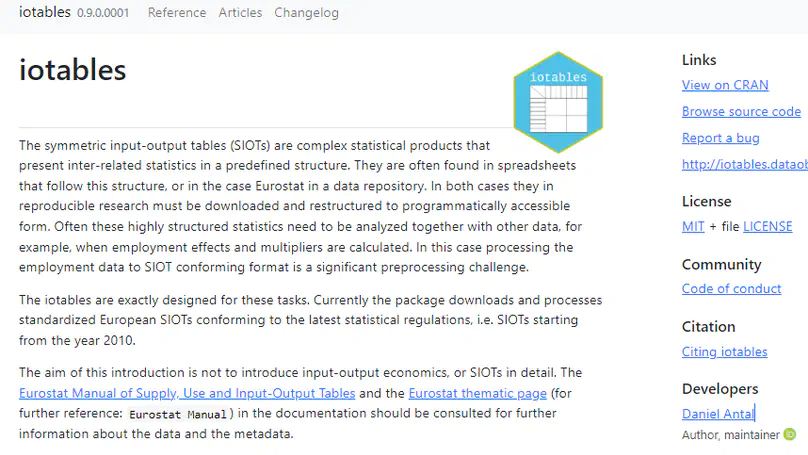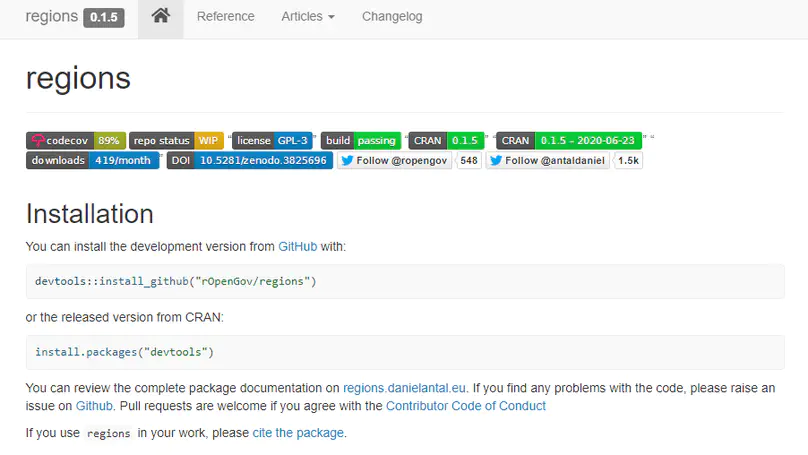Recent Posts
Recent & Upcoming Talks
Featured Publications
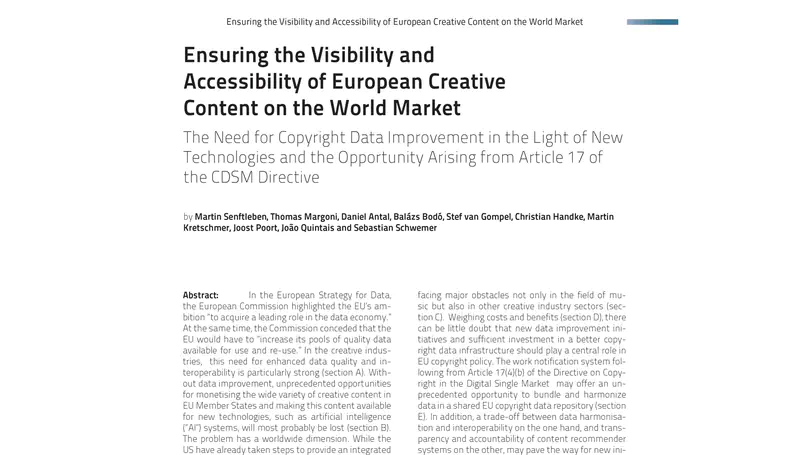
The lacking strategy to organize data and metadata in a multilingual Europe puts creators opens up the biggest cultural market of the world to American competition.
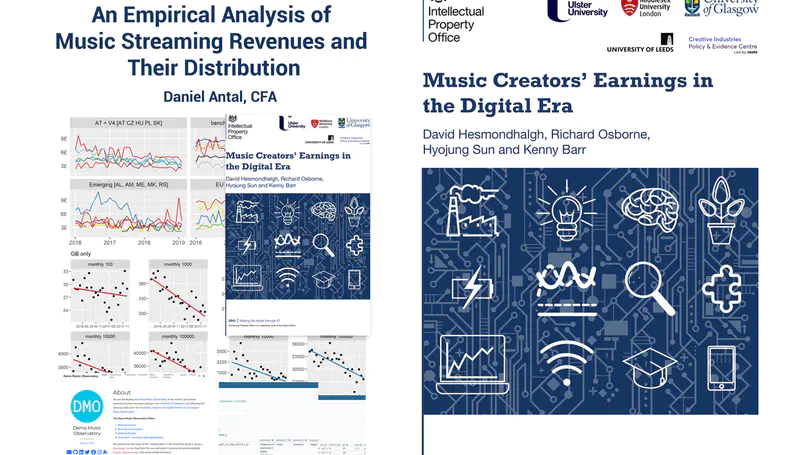
This report was commissioned by the Music Creators’ Earnings Project as an empirical analysis of justified and unjustified differences in music creators’ music streaming earnings.
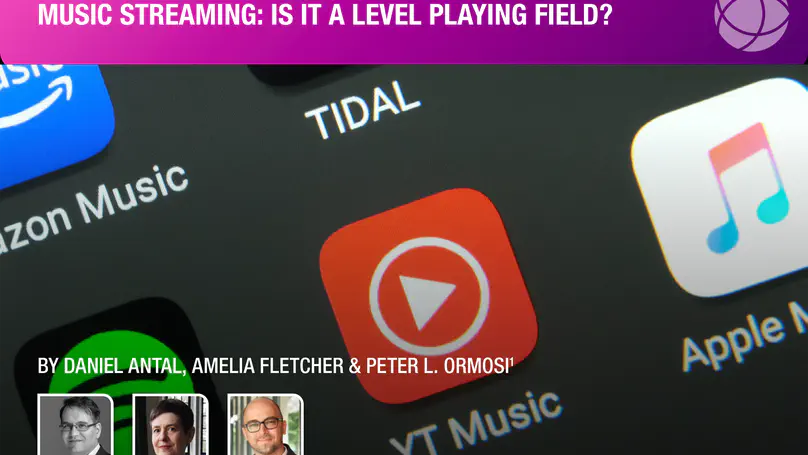
Urgent consideration should be given to a user-centric payment system, as well as greater transparency of the factors underpinning playlist creation and of negotiated agreements
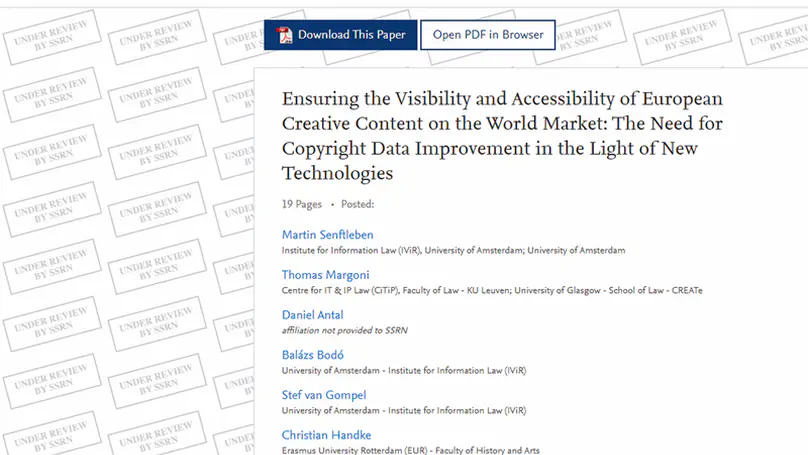
While the US have already taken steps to provide an integrated data space for music as of 1 January 2021, the EU is facing major obstacles not only in the field of music but also in other creative industry sectors. Weighing costs and benefits, there can be little doubt that new data improvement initiatives and sufficient investment in a better copyright data infrastructure should play a central role in EU copyright policy. A trade-off between data harmonisation and interoperability on the one hand, and transparency and accountability of content recommender systems on the other, could pave the way for successful new initiatives.
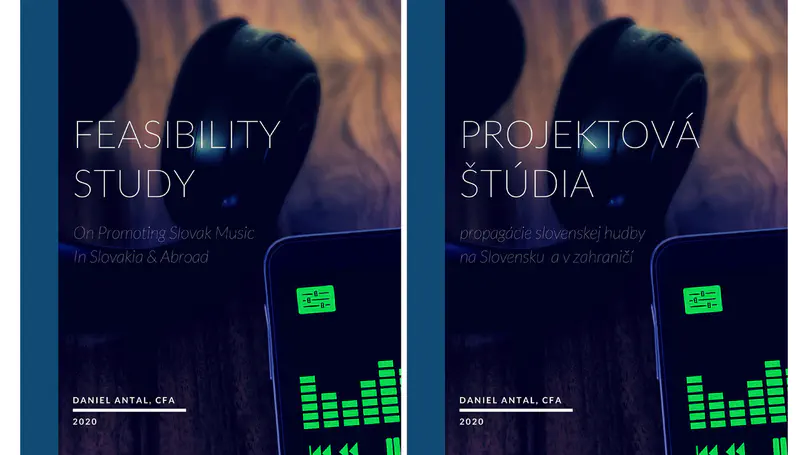
Why are the total market shares of Slovak music relatively low both on the domestic and the foreign markets? How can we measure the market share of the Slovak music in the domestic and foreign markets? We offer some answers and solution based on empirical research and with the creation of a database and an AI application."
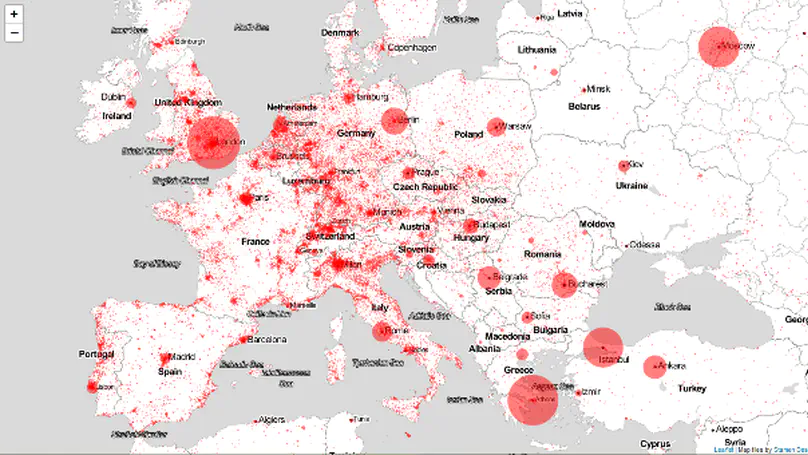
The paper analyzes a set of weblogs of one of the book piracy mirrors to reconstruct the global black-market demand for scholarly literature.
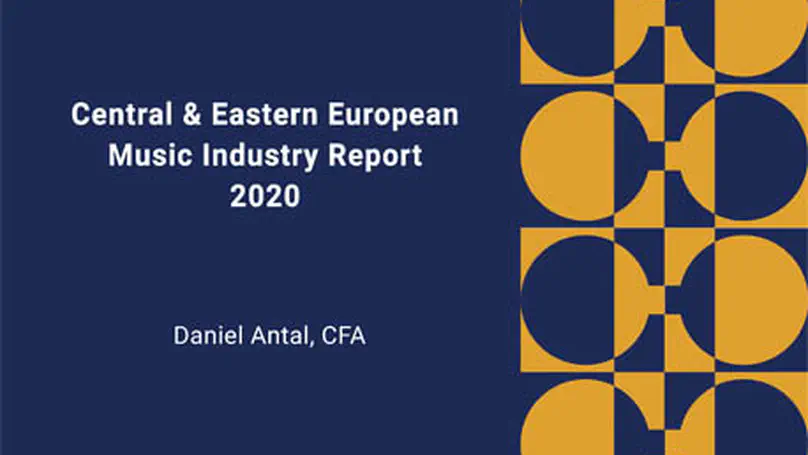
The results of the first Hungarian, Slovak, Croatian and Czech music industry reports are compared with Armenian, Austrian, Bulgarian, Lithuanian, Serbian and Slovenian data and findings.
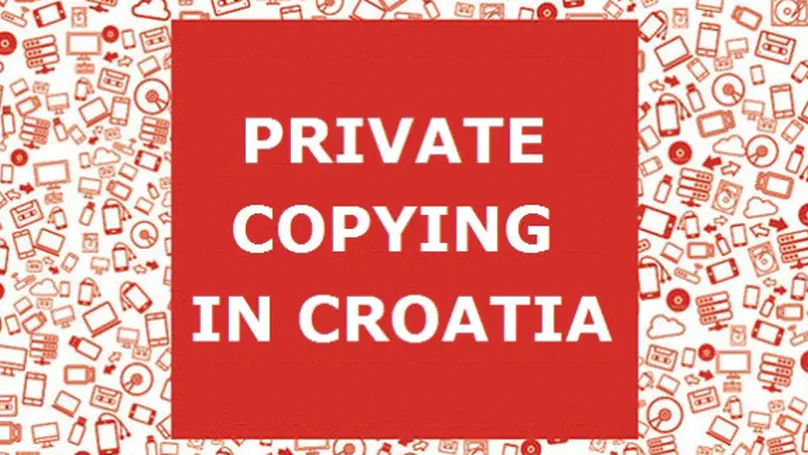
This study argues that the cultural and welfare benefits of this private copying regime are enormous and important to create a good quality of life in Croatia for all age groups, but especially for young people, and it must be maintained. Furthermore, it is very advantageous for the tech sector, because their products are mainly used with unlicensed music and film copies, given that only a very small portion of the population pays for downloads, or subscribes to services like Spotify, Deezer or Netflix. The first measurement of licensed use of music, audiovisual content, home copying and value transfer to media platforms in Croatia for a practical update of the private copying remuneration in the country.
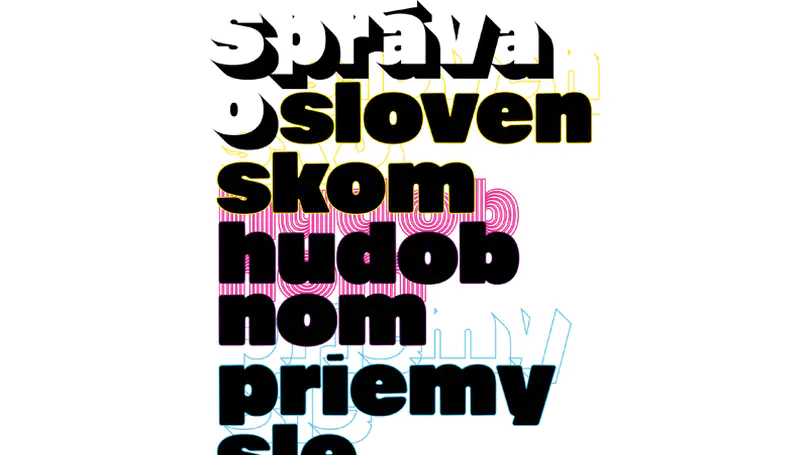
Slovakia’s first music industry report. Following the three income streams model from creation till audience, we summarized for the the number of works that were created, recorded, staged in Slovakia in a year. We calculated their revenues, their value added, their employment effect and the investments of the recording industry. There is an extensive business development and policy conclusions chapter in the 227-pages report, which follows a similar Hungarian report.
Software Releases
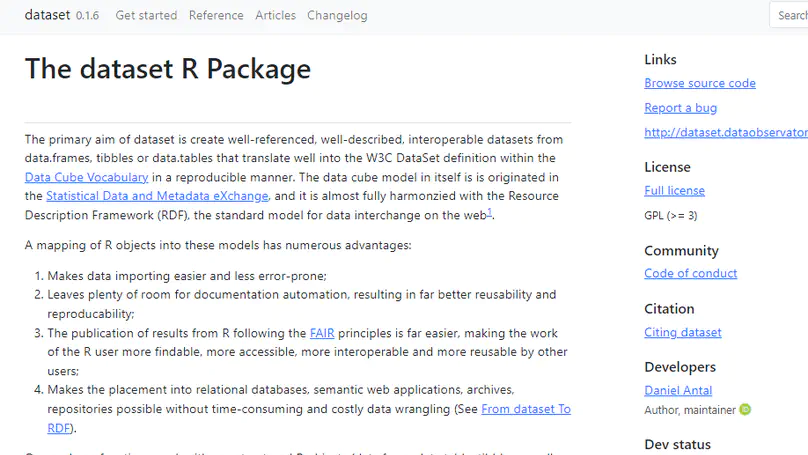
Publish your datasets with FAIR metadata in open science repositories and place them on knowledge graphs
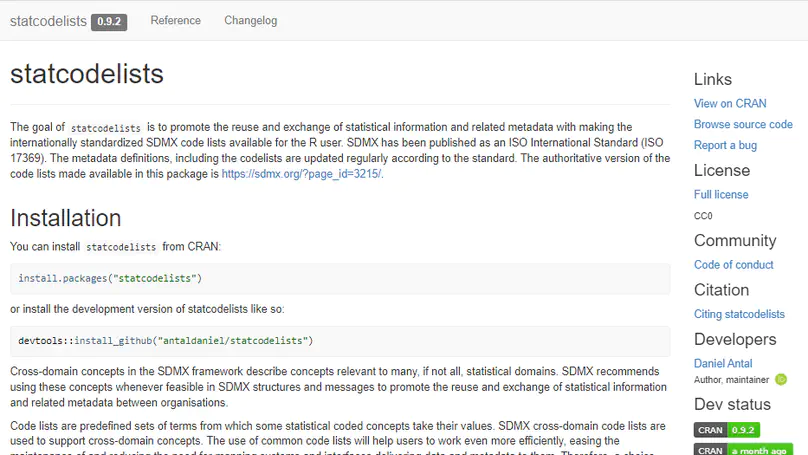
The goal of retroharmonize is to facilitate retrospective (ex-post) harmonization of data, particularly survey data, in a reproducible manner.
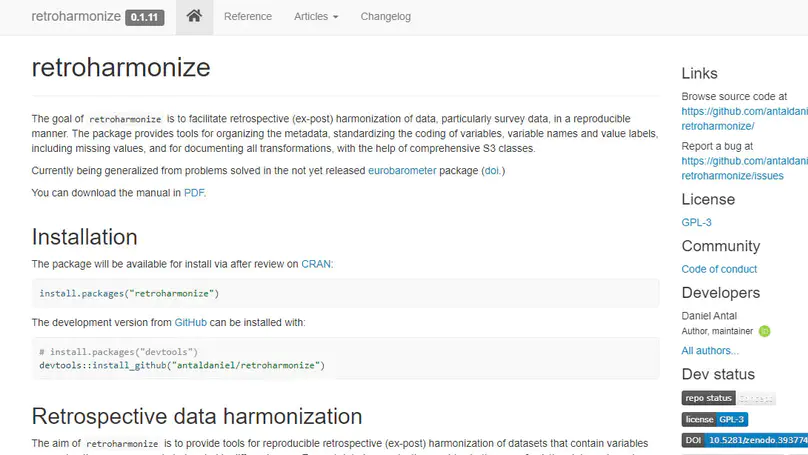
The goal of retroharmonize is to facilitate retrospective (ex-post) harmonization of data, particularly survey data, in a reproducible manner.
A blog about music, data, lyrics and analytics.
Let's start talking about playlists. How we are planning to bring back life to the small venues after the pandemic? How we try to keep the link between musicians and their audience alive in this very sad year? #listenlocal #musicbusiness #datalyricshttps://t.co/sL05IpC9wN pic.twitter.com/iz6IIPKHgF
— dataandlyrics (@dataandlyrics) October 18, 2020
Recent Publications
Contact
- test@example.org
- 888 888 88 88
- 450 Serra Mall, Stanford, CA 94305
- Enter Building 1 and take the stairs to Office 200 on Floor 2
-
Monday 10:00 to 13:00
Wednesday 09:00 to 10:00 - Book an appointment
- DM Me
- Zoom Me












